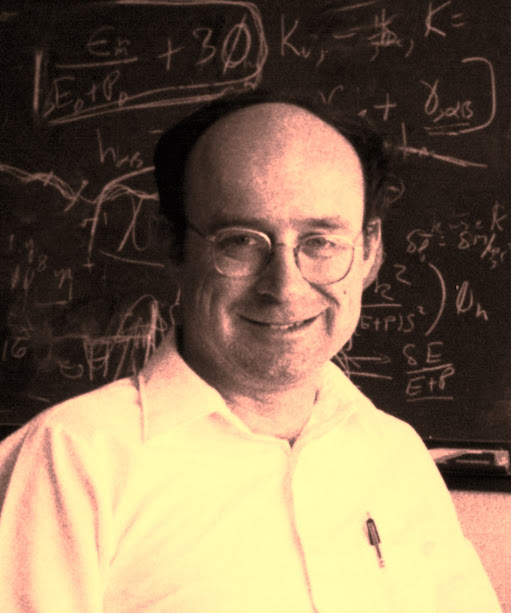Peter Higgs: The Discovery of God Particle
Peter Higgs is a British theoretical physicist best known for his work on the Higgs boson theory, which describes a basic particle in particle physics. He was born in Newcastle upon Tyne, England, on May 29, 1929. Higgs made major contributions to our knowledge of the universe's fundamental forces and particles.
To explain why other particles have mass, Higgs postulated the creation of a new particle, now known as the Higgs boson, in 1964. His idea, together with the work of other physicists, served as the foundation for the Higgs mechanism, which gives a method for particles to gain mass. The Higgs boson was discovered in 2012 at the LHC in Switzerland, confirming the existence of the expected particle.
Peter Higgs and François Englert were awarded the Nobel Prize in Physics in 2013 for their revolutionary work. The discovery of the Higgs boson was a watershed moment in particle physics, advancing our knowledge of the fundamental nature of matter and the cosmos. Peter Higgs had a lengthy and accomplished physics career. He earned his Ph.D. in 1954 from King's College London and worked in a variety of academic posts throughout his career. He retired in 1996 as a professor of theoretical physics at the University of Edinburgh.
Higgs' work on the Higgs boson and the Higgs mechanism had a tremendous influence on particle physics and opened up new study possibilities. His efforts have made significant advances to our knowledge of the fundamental particles and forces that control the cosmos.



Comments
Post a Comment